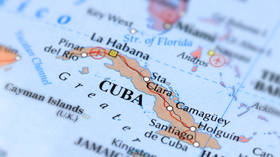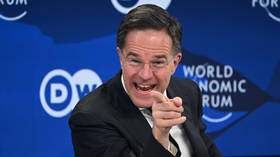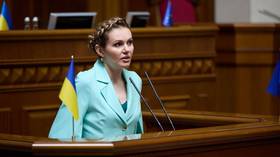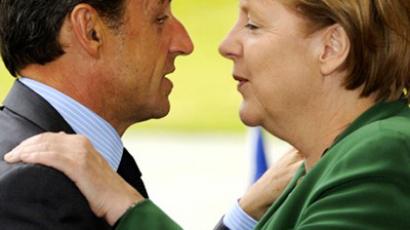Euro bureaucrats demand more power
With investors close to panic over the future of euro and patience rapidly running out at the European Central Bank, the ECB chief wants to give Brussels a bigger role in how European countries manage their own affairs.
Greece has been ordered to sharpen its austerity plan, as was agreed in its bailout plan. The ECB chief, Jean-Claude Trichet, warned Monday that no more bailouts will be forthcoming until the situation is brought under greater governmental control. “It’s absolutely imperative to tighten monitoring of the economies within the Eurozone,” said Trichet. The ECB chief has called for the formation of a single government that will impose economic decisions on member-states, arguing that more Eurozone governance is essential in the current crisis. “One can imagine that tomorrow, going further than what is currently foreseen, if despite recommendations a country doesn't take or is incapable of taking the required decisions, it should be possible to take them from the center – from the center of the single currency,” Trichet said.The statement by the ECB chief further raised concerns among economists, many of whom doubt that the creation of a single financial government under Brussels’ control can save the euro, RT’s Daniel Bushel reported. The continuing instability and low investor confidence have led to a major drop in EU stocks. This [single financial government] would be an enormous step for the EU, argues financial writer Peter Bild, as it would imply an entity above national governments deciding the budget. Most parliaments – and the people who elect them – would not agree to give up that degree of sovereignty, Bild told RT.














